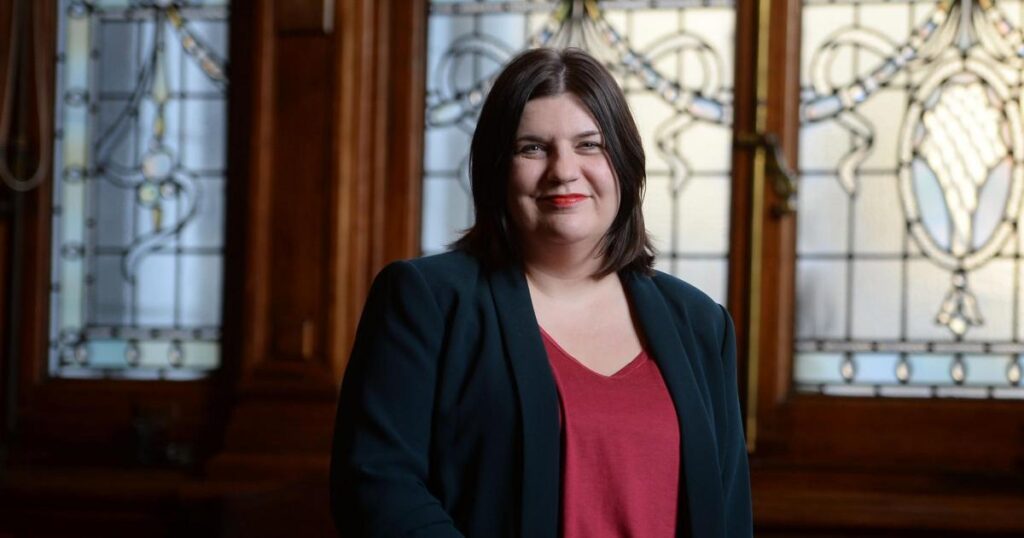Susan Aitken told a conference, both Scottish and UK governments must step up and allow the city the resources and the freedom to take big decisions.
Aitken told the State of the City Economy conference in Glasgow about the success of the City Region Deal projects.
READ NEXT: Glasgow Airport is being treated unfairly by government, claims leader
She highlighted major infrastructure projects that are improving connections in the region like the newly opened Govan Partick bridge and the Yoker to Renfrew bridge, to open next year.
(Image: newsquest) (Image: newsquest)
Aitken said the future is “firmly metropolitan” which is transforming thinking about investments across the west of Scotland, with Glasgow at the centre but covering eight different council areas.
She said it is creating: “ A triple helix’ strategic partnership for innovation between democratic government, business and academia.”
In order to maximise the potential from the City Region Deal and continue the momentum she called for greater autonomy at local government level.
Aitken said: “We need our colleagues in our national governments to take the brakes off and put the resources in the right place.”
READ NEXT: New centre for entrepreneurs to open in Glasgow community
Specifically, she called for more powers to deliver on local priorities.
The council leader, said: “We need action from the Scottish Government that recognises and responds to metropolitan Glasgow as a vital motor of Scotland’s prosperity and devolves to us the powers and levers which generate the successes our continental peers enjoy.
“And from the new UK Government, we now expect parity with the other metropolitan regions correctly recognised as potential engine rooms of the UK’s economy, with a match of the funding that they receive, in a single pot without the strings and bureaucracy that defined earlier funding streams.”
While in England there are city and regional Mayors like Siddique Khan in London and Andy Burnham in Greater Manchester, she was not calling for similar posts in Scotland.
Instead, she added: “What’s required right now isn’t distractions of debates about figureheads and governance structures.
“It’s resource, powers, capacity, partnership, and some courage, to deliver not just for metropolitan Glasgow but for all of Scotland.”
(Image: newsquest)
Aitken lamented the loss of power and influence that Glasgow suffered over decades with de-industrialisation.
She said, what is working is a “mature collaborative structure” between authorities, run by different parties, works.
Adding: “For the first time in a long time, we have both a First Minister and now a Prime Minister committed to realising the potential of cities as drivers of growth and equity.”
She added: “Advancing the case for our metropolitan status is the next logical step in restoring Glasgow to the rightful level of esteem that was taken from us during the years of disinvestment and neglect, and that we’ve been fighting to win back ever since.”




